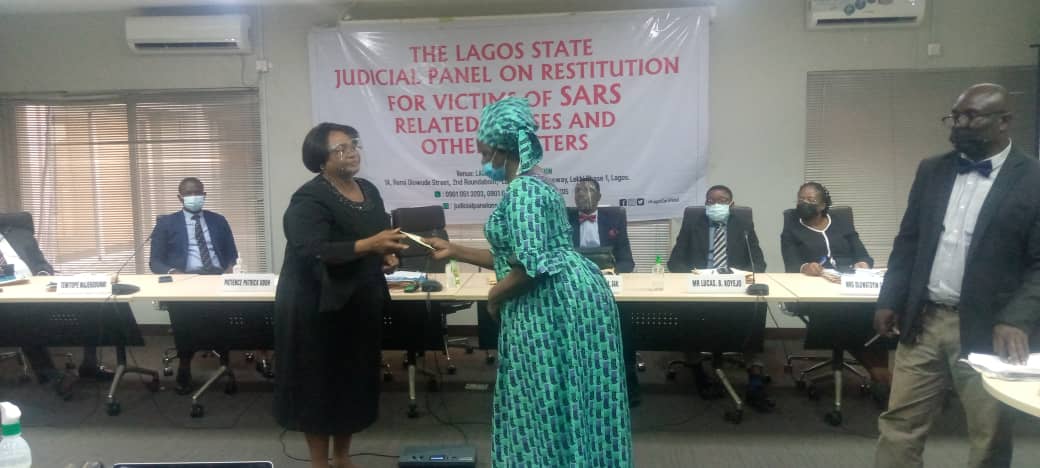A federal grand jury in Seattle, Washington, has indicted one Chukwuemeka Onyegbula for alleged conspiracy to commit wire fraud and aggravated identity theft.
Tessa Gorman, acting US attorney for the western district of Washington, announced the indictment in a statement by the department of justice.
Onyegbula, identified as an information technology (IT) engineer with Pan Ocean Oil Corporation Nigeria Limited, allegedly committed the crime using the alias, ‘Phillip Carter’.
He was arrested on June 3, and is said to be currently detained in Nigeria.
Advertisement
It is not yet clear if he will be extradited to the US for trial.
The suspect was reportedly linked to at least 253 fraudulent unemployment insurance filings in Washington, Arizona, California, Colorado, Illinois, Indiana, Kansas, Massachusetts, Michigan, Minnesota, Missouri, Montana, Ohio, Nevada, Rhode Island, Texas, and Wisconsin.
The indictment further alleged that Onyegbula and his co-conspirators accessed the COVID-19 economic injury disaster loan (EIDL) page on the small business administration’s website and submitted applications for loans using the “stolen” personal identifiable information (PII) of US residents.
Advertisement
While about $290,000 was said to have been paid out in unemployment claims, an additional $54,000 was allegedly paid out in fraudulent COVID-19 loans.
“Onyegbula allegedly used variations of a single e-mail address in a manner intended to evade automatic detection by fraud systems. By using this practice, Onyegbula made it appear that each claim was connected to a different email account,” the statement issued on Thursday by the US justice department reads.
“The email account used for fraud was linked to Onyegbula by various electronic evidence such as phone numbers and IP addresses. The email account contained information such as a visa application receipt, banking information and homework assignments by Onyegbula’s son. The cyber evidence also includes dozens of tax return information for U.S. citizens.
“Conspiracy to commit wire fraud is punishable by up to thirty years in prison when the offense relates to benefits paid in connection with a presidentially-declared disaster or emergency, such as the COVID-19 pandemic.
Advertisement
“Aggravated identity theft is punishable by a mandatory minimum two year sentence to run consecutive to any sentence imposed on the other counts of conviction.
“This case is being investigated by the FBI, with assistance from the Department of Labor Office of Inspector General (DOL-OIG). The Office of International Affairs of the Department of Justice’s Criminal Division provided substantial assistance. The Washington Employment Security Department is cooperating in the investigation.”
Onyegbula’s case comes about two months after Abidemi Rufai, a senior special assistant to Dapo Abiodun, governor of Ogun, was arrested in the US over alleged fraud.
Rufai was alleged to have stolen over $350,000 in unemployment benefits from the Washington State employment security department (ESD).
Advertisement
Add a comment







